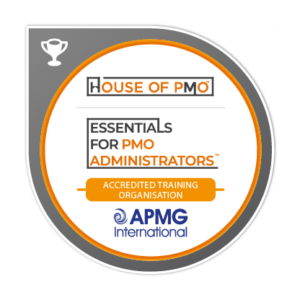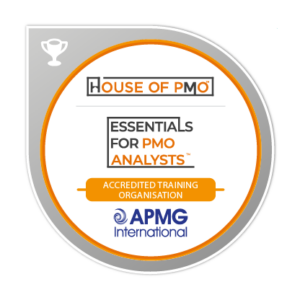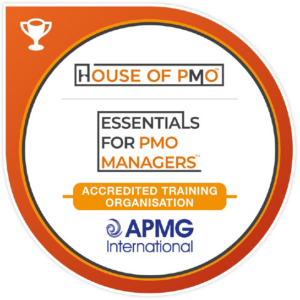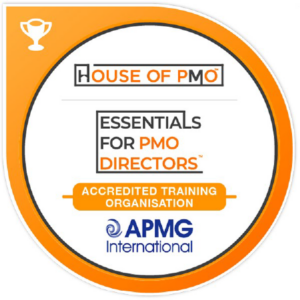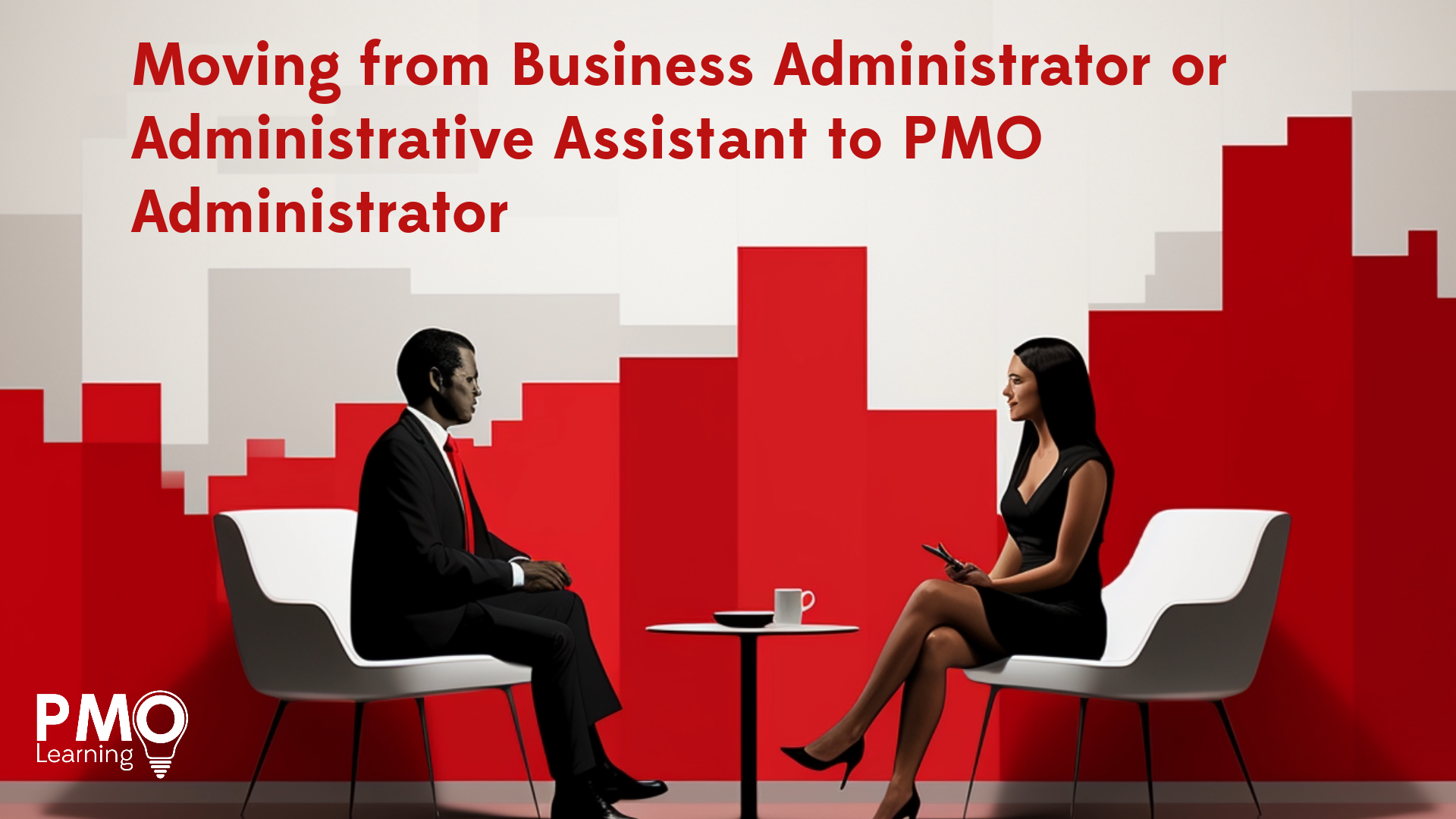
If you are currently looking for jobs on websites such as indeed or LinkedIn you will notice there are a lot of jobs with the word Administrator in the title. Some of the common ones we have noticed are business administrator or administrative assistant. In projects, the role of a PMO Administrator is usually entry level but important role in keeping projects running smoothly.
If you are working in administration currently and want a new challenge, why not take a look at transitioning into a PMO Administrator?
This blog will take a look at why moving from a business administrator or an administrative assistant job to a PMO Administrator could be your next step!
Firstly lets look at the key skills of a business administrator/administrative assistant:
- Strong organisational skills with the confidence to effectively plan and prioritise your workload
- Confident working on your own initiative
- Good level of I.T literacy including Microsoft packages including Word and Excel.
- Excellent written and verbal communication
- Pro-active, use initiative, tenacious, see things through to completion
- Flexible, adaptable, able to cope with changing priorities and remain calm
- High degree of attention to detail and accuracy
- Ability to work within a team environment as well as being proactively independent
- Willingness to use initiative to resolve issues and seek solutions
- Desire for continual improvement, embracing technology and driving efficient ways of working
- Well organised, good at prioritising and managing work from multiple work channels and people, excellent time management, able to meet deadlines
Here are some or the typical responsibilities you would have as a business administrator/administrative assistant:
- Support the wider business, working within a fast-paced environment
- HR Administration – Support the HR Lead with onboarding new starters, maintain records, administer employee benefits, Payroll input
- Finance Administration – Support the Finance lead with invoicing, expenses, credit control, timesheets
- Communicating with suppliers on all aspects of their account and dealing with correspondence and enquiries
- Liaising with IT, Faxing Scanning/Printing Data inputting, copier maintenance
- Answering telephone calls/emails and dealing with initial enquiries/taking messages
- Ordering supplies
- Typing up documents
- Archiving, taking minutes in meetings, hearings and appeals
- Business Travel – Source and reserve accommodation and arrange travel business team members and others as requested
- Events and Facilities – Organise business and social events, prepare agendas and presentations, source venues, be the point of contact with industry bodies
Now lets take a look at the key skills and responsibilities of a PMO Administrator and see what the differences are.
Key skills:
- Time Management – be organised and and plan how you divide time effectively between various activities.
- Customer Service – provide effective service to a customer, flexing one’s approach to the personality of a customer.
- Interview – ask questions in a structured format to get information.
- Balance competing needs and interests – assess the needs and interests of multiple stakeholders and determine an optimal course of action.
- Prioritise – determine the appropriate order in which to deal with items or tasks according to their relative urgency and importance.
- Network – develop relationships with social and professional contacts for mutual benefit.
- Reviewing – formally assess something with the intention of making changes if necessary.
- Monitor- observe and check progress or quality over time in a structured way, without impacting the operation or condition.
- Communicate and present – The ability to interchange thoughts, opinions, or information with others, by speech, writing, gestures, or other means.
Key responsibilities:
- Provides internal and external meeting support e.g. venue booking, creating the agenda, minute taking, booking audio, visual equipment etc
- Contributes to the onboarding of new project team members, e.g. places the order for desk and equipment
- Keeps the project organisation chart and central contacts list up to date
- Maintains a central project calendar for key roles and events
- Maintains the supply of stationery and consumables for the project
- Coordinates and distributes incoming calls, emails and post
- Administers travel and accommodation requirements
- Ensuring all information and documentation is processed, maintained, monitored and filed
- Raises purchase orders, goods in receipt notes and checking of invoices
- Acts as the point of contact for portfolio templates and documentation
- Maintain risks, actions, issues, change and dependency registers
- Collate reports
The PMO Administrator has various responsibilities, many of which as you can see are similar to a business administrator such as taking minutes, being a point of contact for emails, calls, onboarding new starters and supporting the wider business.
There will be various tasks which you may not have come across or have experience in. However, the skills you need to complete these jobs are transferrable from your current role. If you are willing to learn, organised and embrace new challenges you will be able to transition into the role of a PMO Administrator.
What are the next steps if I want to transition my role into a PMO Administrator?
- Understand the role of a PMO Administrator – start by researching the role and understanding the responsibilities – this blog is a great start but we also have other such as ‘The Role Profile of a PMO Administrator’ which goes into further detail.
- Acquire project management knowledge – you usually get training when starting a new role and pick up a lot of knowledge on the job, but it would be worth familiarising yourself with project management principles and methodologies before you start.
- Consider certification courses – If you want to know more about the role and boost your CV, courses such as Essentials for PMO Administrators are great when starting to work in PMO and looking to gain a full understanding of the role and how to perform it successfully. Click here to read more about the course.
- Apply for PMO Administrator roles – Look on job websites and LinkedIn to see what opportunities are out there.
- Tailor your CV/Cover letter – Highlight your experience and key transferrable skills that would make you a strong candidate for the roles. Click here to watch our webinar on tips for creating a great PMO CV.
- Network – Networking can help you learn more about the field, gain insights, and potentially find job opportunities. Join our LinkedIn page to connect with other PMO professionals.
- Interview preparation – Prepare for interviews by practicing common project management and PMO-related interview questions.
- Continuous learning – PMO is an evolving field so it’s important to keep up to date with new trends, concepts and best practices. We post regular blogs and taster sessions discussing various topics relating to PMO. Click here to sign up to our newsletter to keep up to date with all things PMO.
There are many other administrator jobs such as HR, personal assistant, finance administrator that also share similar responsibilities and key skills which can be transitioned into a PMO Administrator job. Take the leap today and start your exciting new career in PMO.
If you want to know more about the Essentials for PMO Administrators course, click here.
Or if you would like to discuss your next steps in the PMO profession, contact us today.
Enjoying Our Blog?
Sign up and receive all our articles (we’ll send you an update once a week!) plus special offers and events:






